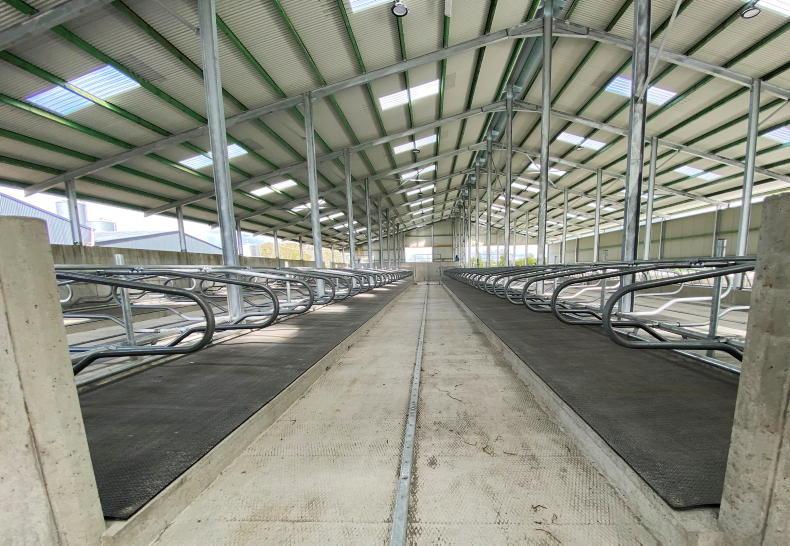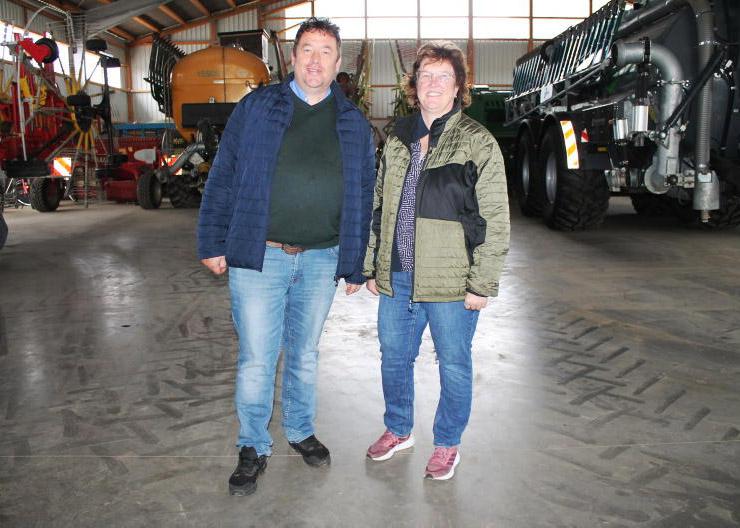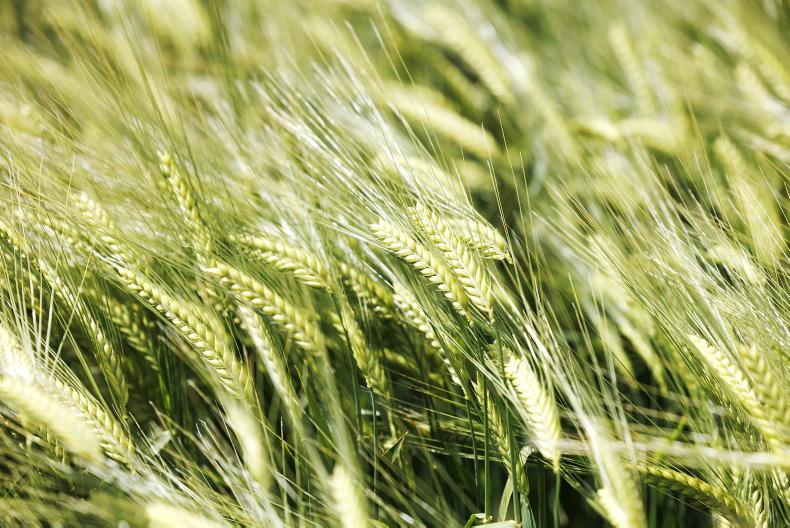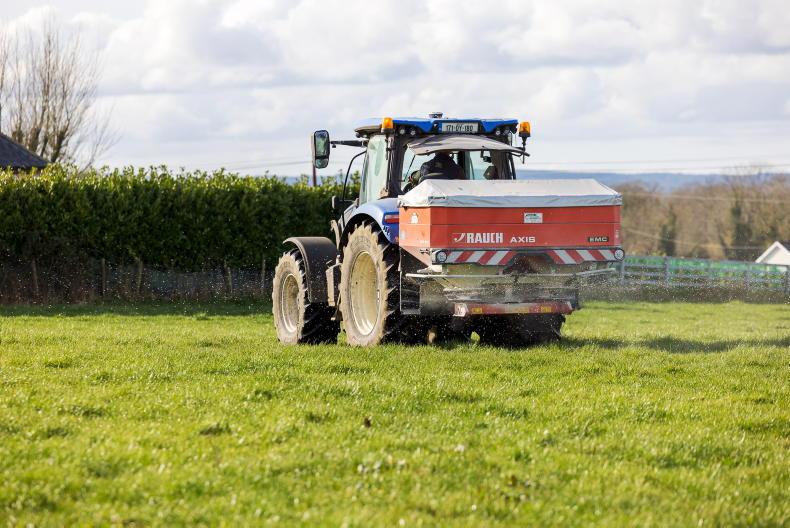An expert working group led by the former president of the Ulster Farmers’ Union, Dr John Gilliland, has presented a report to DAERA which outlines various measures aimed at tackling the problem of ammonia emissions within NI agriculture.
The report, under the heading of Making Ammonia Visible, is from the same expert group that produced a sustainable agricultural land management strategy in October 2016. That work mainly focused on improving water quality in NI, principally by reducing and making better use of phosphorus within agriculture.
Michelle McIlveen
However, in NI, while the problem of phosphorus in lakes and rivers is still important in the medium term, it has been overtaken by ammonia emissions, and in late 2016, the former Agriculture Minister Michelle McIlveen asked the Gilliland-led group to look at this new issue.
The problem is that ammonia lost to the atmosphere is deposited as various nitrogen compounds, which can have extremely negative consequences for plants adapted to low nitrogen conditions. The effects are most clearly seen in designated sites and priority habitats, where these plants are being out-competed by more nitrogen tolerant plants, leading to a loss of biodiversity.
With 91% of all ammonia emissions in NI coming from agriculture, and specifically from livestock, addressing the issue will be crucial to the future sustainability of NI farming.
Industry and government
However, as a starting point, the expert group has recommended that the issue must be addressed by way of a partnership approach between industry and government, with a clear focus on improving knowledge and communication.
At farm level a number of recommendations are also made, and designed to lower emissions. These include:
Extending the grazing season where possible.Using treated or stabilised urea fertilisers as opposed to CAN.Applying slurry using a dribble bar or trailing shoe.A total ban on splash plates by 2025.Lower crude protein levels in livestock diets.Above ground slurry stores should be fitted with a cover where possible.More in this week’s NI edition of the Irish Farmers Journal.
Read more
International nitrogen prices continue to increase
Ammonia pollution threat to slurry spreading increases
Slurry spreading dates fast approaching
An expert working group led by the former president of the Ulster Farmers’ Union, Dr John Gilliland, has presented a report to DAERA which outlines various measures aimed at tackling the problem of ammonia emissions within NI agriculture.
The report, under the heading of Making Ammonia Visible, is from the same expert group that produced a sustainable agricultural land management strategy in October 2016. That work mainly focused on improving water quality in NI, principally by reducing and making better use of phosphorus within agriculture.
Michelle McIlveen
However, in NI, while the problem of phosphorus in lakes and rivers is still important in the medium term, it has been overtaken by ammonia emissions, and in late 2016, the former Agriculture Minister Michelle McIlveen asked the Gilliland-led group to look at this new issue.
The problem is that ammonia lost to the atmosphere is deposited as various nitrogen compounds, which can have extremely negative consequences for plants adapted to low nitrogen conditions. The effects are most clearly seen in designated sites and priority habitats, where these plants are being out-competed by more nitrogen tolerant plants, leading to a loss of biodiversity.
With 91% of all ammonia emissions in NI coming from agriculture, and specifically from livestock, addressing the issue will be crucial to the future sustainability of NI farming.
Industry and government
However, as a starting point, the expert group has recommended that the issue must be addressed by way of a partnership approach between industry and government, with a clear focus on improving knowledge and communication.
At farm level a number of recommendations are also made, and designed to lower emissions. These include:
Extending the grazing season where possible.Using treated or stabilised urea fertilisers as opposed to CAN.Applying slurry using a dribble bar or trailing shoe.A total ban on splash plates by 2025.Lower crude protein levels in livestock diets.Above ground slurry stores should be fitted with a cover where possible.More in this week’s NI edition of the Irish Farmers Journal.
Read more
International nitrogen prices continue to increase
Ammonia pollution threat to slurry spreading increases
Slurry spreading dates fast approaching








SHARING OPTIONS